.png)

Belgium 10-3-26 All Members Physical english
From modular business design to AI-driven pipelines, architectures, and operationsA composable enterprise is built on modular processes, API-driven ecosystems, low-code platforms, and cloud-native services. It promises speed and adaptability by allowing organisations to reconfigure their capabilities as conditions change. However, modular design alone does not guarantee resilience; the way these systems are engineered and operated is just as important.This is where AI is beginning to make a difference. Beyond generating snippets of code, AI is already influencing how entire systems are developed and run: accelerating CI/CD pipelines, improving test coverage, optimising Infrastructure-as-Code, sharpening observability, and even shaping architectural decisions. These changes directly affect how quickly new business components can be deployed, connected, and retired.In this session, we will examine how CIOs can bring these two movements together:Composable design is the framework for flexibility and modularity.AI-augmented engineering is the force that delivers the speed, quality, and intelligence needed to sustain it.The pitfalls of treating them in isolation: composability that collapses under slow engineering cycles, or AI that only adds complexity without a modular structure.The discussion goes beyond concepts to practical implications: how to architect organisations that can be recomposed at speed, without losing control or reliability. The outcome is an enterprise that is not only modular in design but also engineered to adapt continuously under real-world conditions.
Read More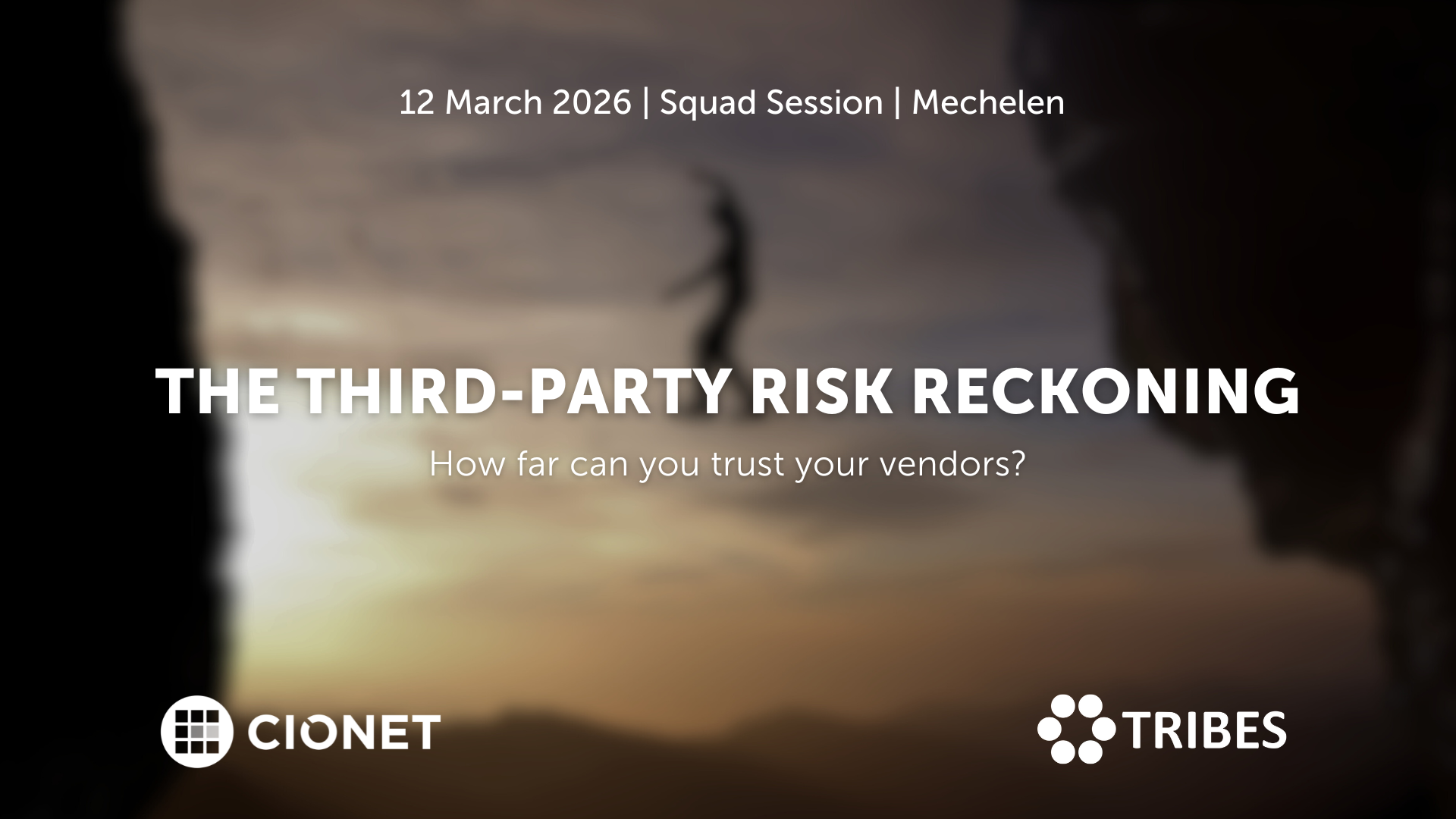
Belgium 12-3-26 Physical english
Tomato! Tomato! Tomato! Get your tomato now! Every vendor sells security. And every company depends on vendors, partners, and suppliers. The more digital the business becomes, the longer that list grows, and so does the attack surface. One weak link, and there is always one, or one missed update, and trust collapses faster than any firewall can react. What used to be a procurement checklist has become a full-time discipline. Questionnaires, audits, and endless documentation prove that everyone’s “compliant,” yet incidents keep happening. So it’s clear: the issue isn’t lack of policy, or maybe a bit, but mostly lack of visibility. Beyond a certain point, even the most secure organisation is only as safe as its least prepared partner (or an employee who hadn’t had their morning coffee). So how far can you trust your vendors? How do you check what you can’t control? And when does assurance become theatre instead of protection? Does it come at a different cost? Let’s exchange what works and what fails in third-party risk management: live monitoring, shared responsibility models, contractual levers, and the reality of building trust in a chain you don’t own. A closed conversation for those redefining what partnership means when risk is shared but accountability isn’t.
Read More.jpg)
Belgium 19-3-26 Country Members Physical french
Moins de Partenaires : La consolidation vaut-elle le risque ? Le problème est la prolifération des fournisseurs : trop d'outils causant de la complexité, une taxe d'intégration paralysante et de la redondance. La Taxe d'Intégration est le coût caché (en temps, en échecs et en ressources) d'essayer de faire fonctionner ensemble des systèmes disparates. Cet échange se concentre sur des stratégies éprouvées pour simplifier de manière agressive le parc technologique, consolider les fournisseurs et élever certains fournisseurs clés au rang de partenaires stratégiques.
Read More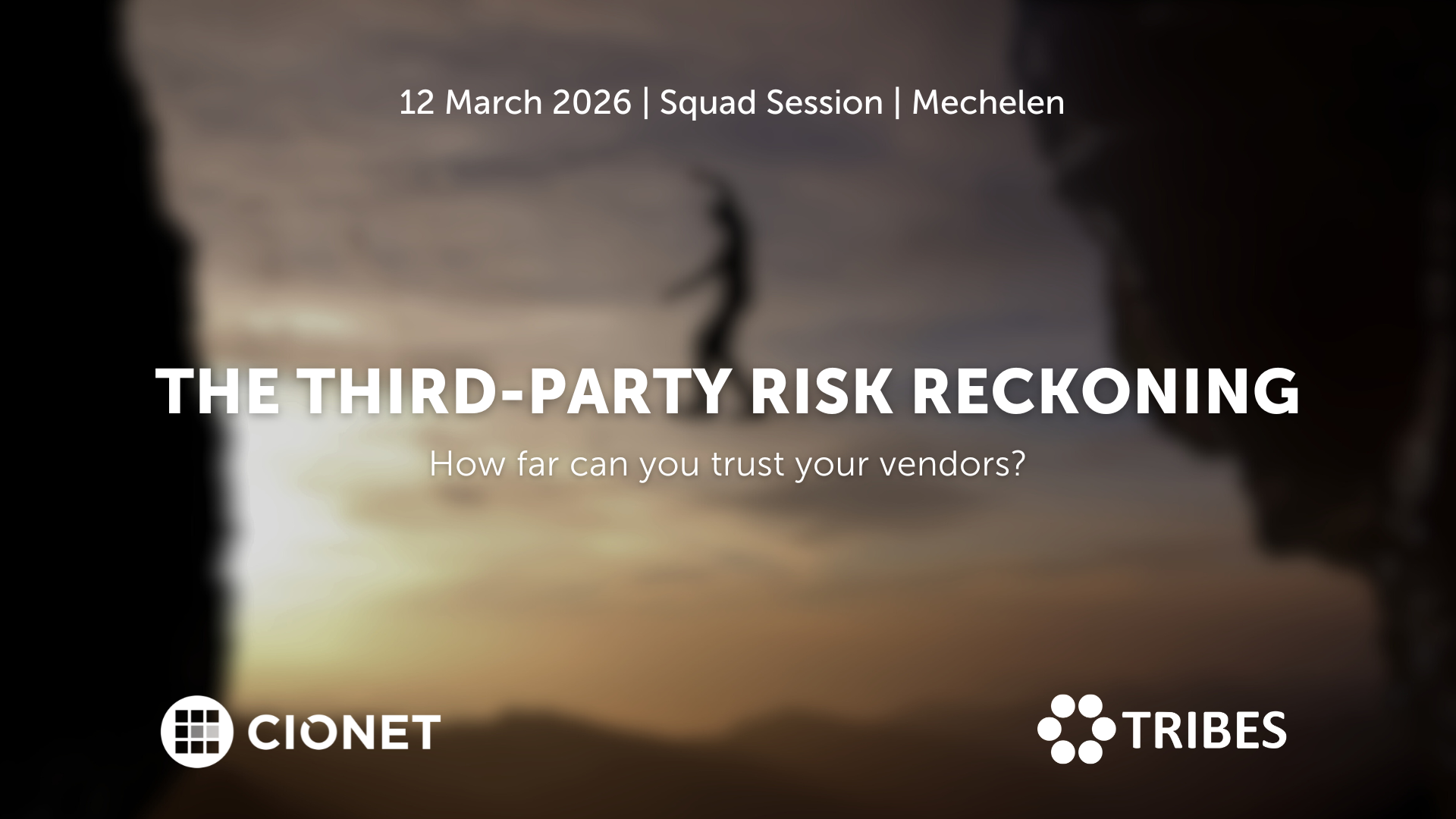
March 12, 2026 Squad Session Invitation Only Physical english
Tomato! Tomato! Tomato! Get your tomato now! Every vendor sells security. And every company depends on vendors, partners, and suppliers. The more digital the business becomes, the longer that list grows, and so does the attack surface. One weak link, and there is always one, or one missed update, and trust collapses faster than any firewall can react.
Read More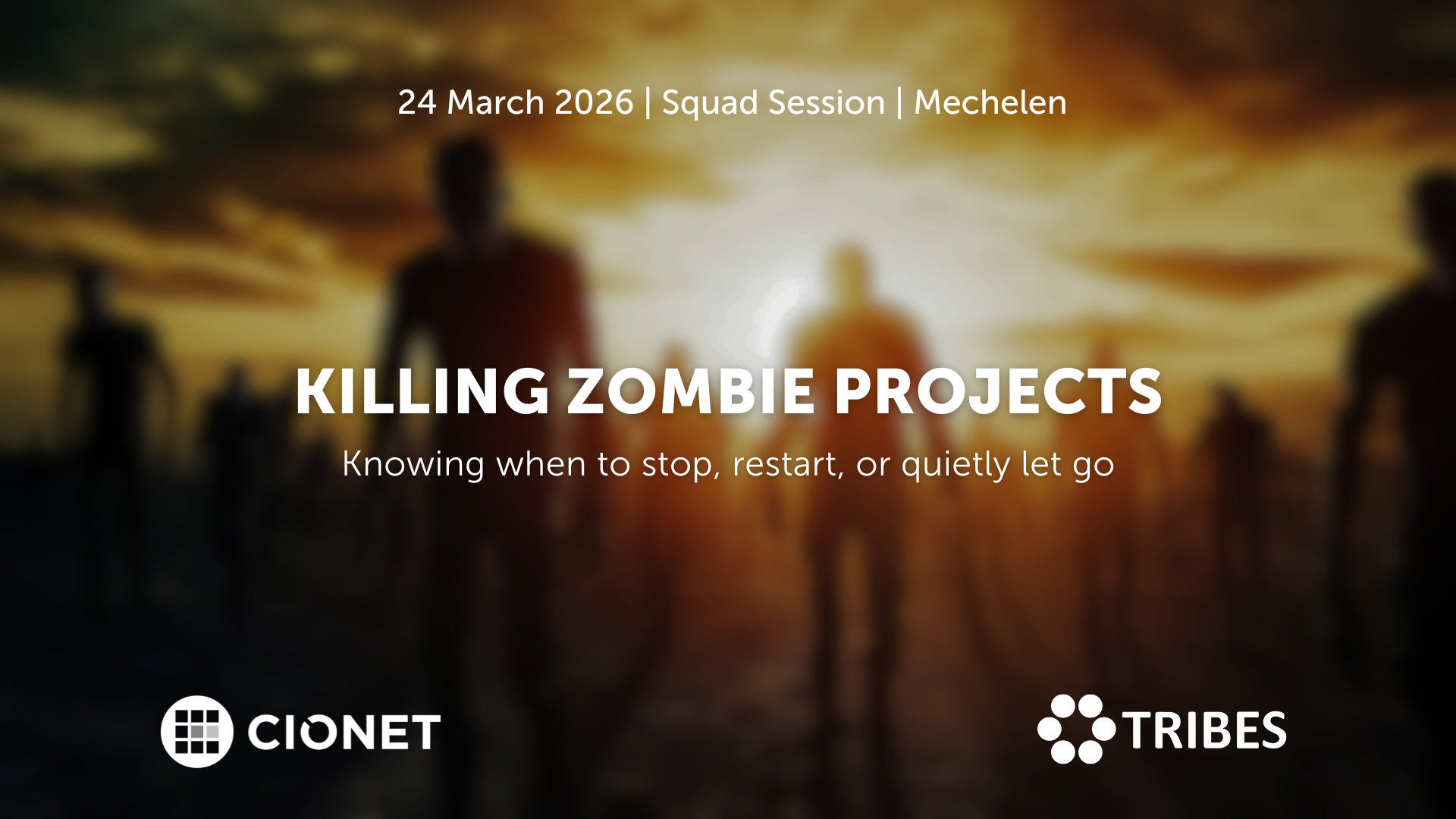
March 24, 2026 Squad Session Invitation Only Physical english
Every organisation has them, projects that keep running long after their purpose has faded. No one remembers who asked for them, but shutting them down feels riskier than keeping them alive. And eventually, people stay assigned, budgets stay allocated, and energy drains into work that no longer matters. Inertia at its finest.
Read More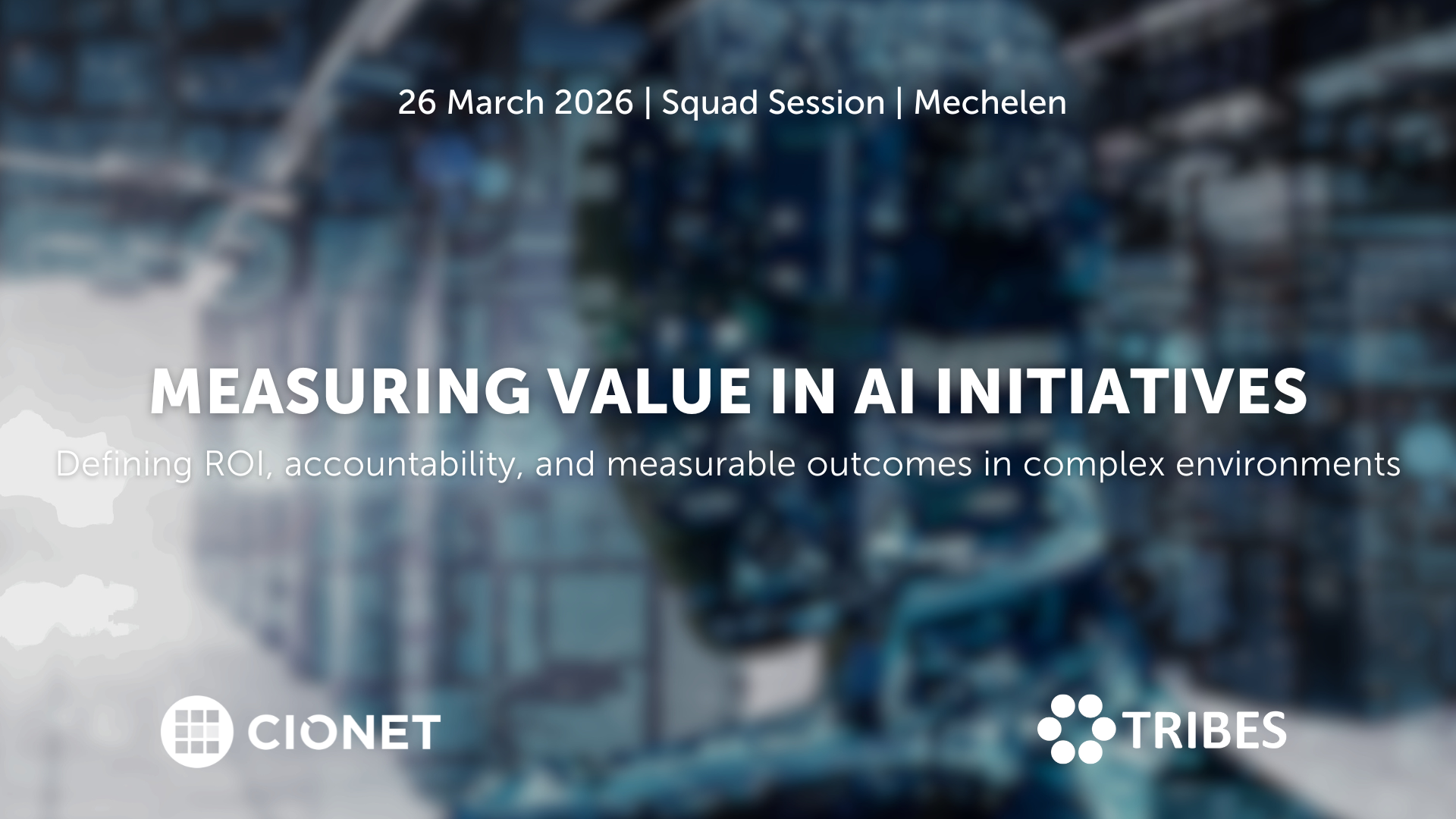
March 26, 2026 Squad Session Invitation Only Physical english
AI projects continue to multiply, but proving their value remains difficult. Most organisations can track activity, not impact. Dashboards count pilots and models, yet few translate to measurable business outcomes. The result is familiar: success stories without clarity on what they actually delivered.
Read More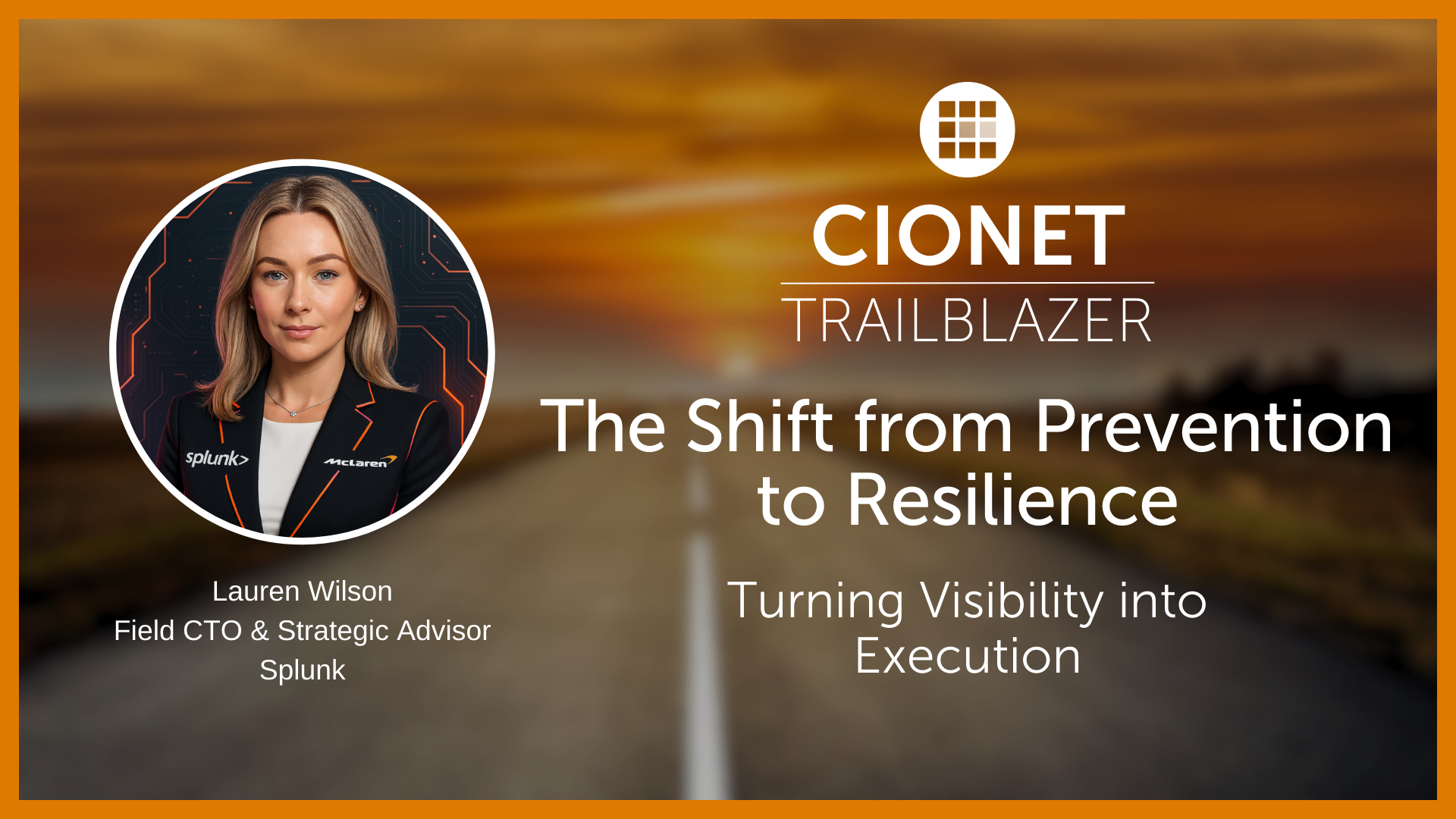
CIONET Trailblazer: CISO: The Shift from Prevention to Resilience: Turning Visibility into Execution
Published on: January 28, 2026 @ 9:48 AM

CIONET Trailblazer: AI Transformation: Bridging the Cultural Divide to Achieve Competitive Advantage
Published on: December 17, 2025 @ 9:16 AM
Isabel Group automates operations, takes efficiency to the next level with Azure data platform
Belgian FinTech Isabel Group revamps platform with Azure for data & automation. New platform unlocks flexibility, unstructured data handling & machine learning, empowering employees & clients.
Our analysis of the cloud computing market revealed Azure as a leader in data analytics. - Michael Van de Borne: Data Analytics Manager - Isabel Group
For Isabel Group, simplification is a key to success. The Belgium-based fintech company’s core mission is removing hassle for customers through IT-based products that facilitate the exchange of documents, identities, and payments. In the complex world of financial administration, Isabel Group finds ways to streamline processes for its customers.
It was a natural evolution to enter into the wider Microsoft ecosystem both from a business continuity perspective and to ease the migration effort. - Michael Van de Borne: Data Analytics Manager - Isabel Group
Isabel Group originally had an on-premises data platform that was used only for BI purposes. The BI platform was a traditional SQL server-based data warehouse with SQL Server Integration Services (SSIS), SQL Server Analysis Services, and SQL Server Reporting Services. Employees accessed data through multidimensional models and paginated reports. For reporting requests, business users were required to file a ticket and a BI developer would query the data warehouse.
The platform’s single-purpose construction meant that it couldn’t handle unstructured data or be utilized to support other critical business processes. Many operations did not use automation, resulting in repetitious, error-prone tasks that needed to be carried out manually. Because the solution used on-premises infrastructure, business users were forced to rely on database administrators and datacenter operators for managing physical upgrades, hindering their autonomy. The lack of flexibility prevented internal business users from improving processes like marketing campaigns and billing and forced business decision makers to use inefficient tools to compensate for what the BI platform didn’t provide. “Or worse, they went without the proper data or no data at all,” says Van de Borne.
Isabel Group had an opportunity to simplify its own process—and unlock new business capabilities at the same time. The company needed a mature, scalable platform that could make use of machine learning and advanced analytics while offering seamless integration through every step of the data pipeline.
Azure machine learning and data science can address all kinds of problems that nobody believed we could solve previously. - Michael Van de Borne: Data Analytics Manager - Isabel Group
Going from an on-premises Microsoft SQL Server setup—where internal users worked on Windows laptops with Microsoft Office products—to an Azure ecosystem made sense. “It was a natural evolution to integrate into the wider Microsoft ecosystem both from a business continuity perspective and to ease the migration effort,” says Van de Borne. “Our analysis of the cloud computing market revealed Azure as a leader in data analytics.” Isabel Group also took advantage of Fast Track Support from Microsoft, which offered a series of workshops to evaluate how different Azure services could be used.
Working with Microsoft Cloud Partner Program member element61, Isabel Group built a solution using Microsoft Azure Data Factory with self-hosted integration runtimes, Azure Data Lake Storage for scaling and storage, Azure Databricks for processing large datasets, and Microsoft Power BI Premium for insights and reporting. Isabel Group used Azure DevOps to build a custom toolchain, build and deploy models and reports to Power BI, and test and deploy data engineering code to Databricks.
The process starts with raw data that is taken from databases via integration runtimes or sent by apps, then raw data is sent to the staging area in Azure Data Factory. Data is arranged in star schema and business keys and foreign keys are updated through Databricks, then Databricks triggers Power BI API to refresh datasets. With datasets refreshed, business insights are ready to be presented. The end-to-end process includes machine learning model training, a feature that Isabel Group wanted but was unable to fit into their old system.
The process was a complete redevelopment of all the SSIS pipelines Isabel Group used—which number in the hundreds. After two and a half years of planning, problem-solving, and building custom tools and libraries, Isabel Group was able to fully decommission its on-premises BI platform and switch over to Azure.
With the move from traditional BI reporting to more comprehensive data engineering and analysis, Isabel Group gained the ability to process larger and unstructured datasets. Plus, the automation possibilities are a huge win for the team. Infrastructure and data pipelines are automated in the new solution—in fact, the team even automated the creation of new data pipelines, since so many needed to be migrated or remade. “This has unlocked a new range of possibilities,” says Van de Borne. “Alerts, in the case of a failure, and data quality tests are now automated.”
With the modern platform, the data team can provide new data initiatives more quickly and data engineers are more efficient. This means less time is needed to maintain pipelines and reports, and more time can be given to onboarding new use cases. For example, Van de Borne’s team has already begun work on new products used for validating the identity of payment beneficiaries in real time for help with fraud detection. As a result, employees have increased trust in the data team and platform, and Isabel Group can offer new services that continue to streamline and simplify business for its customers.
With the recently deployed platform, Isabel Group expects faster turnaround times for the creation of data products and machine learning-based solutions for both internal and external use. Employees are excited to explore advanced analytics and long-term, organization-wide data governance models. Insights into user usage patterns across product offerings will help steer future development of product features and identify cross-selling opportunities within its customer base. “Azure machine learning and data science can address all kinds of problems that nobody believed we could solve previously,” says Van de Borne.
246 Views 1 Likes Read More

Digital Transformation is redefining the future of health care and health delivery. All stakeholders are convinced that these innovations will create value for patients, healthcare practitioners, hospitals, and governments along the patient pathway. The benefits are starting from prevention and awareness to diagnosis, treatment, short- and long-term follow-up, and ultimately survival. But how do you make sure that your working towards an architecturally sound, secure and interoperable health IT ecosystem for your hospital and avoid implementing a hodgepodge of spot solutions? How does your IT department work together with the other stakeholders, such as the doctors and other healthcare practitioners, Life Sciences companies, Tech companies, regulators and your internal governance and administrative bodies?
Read More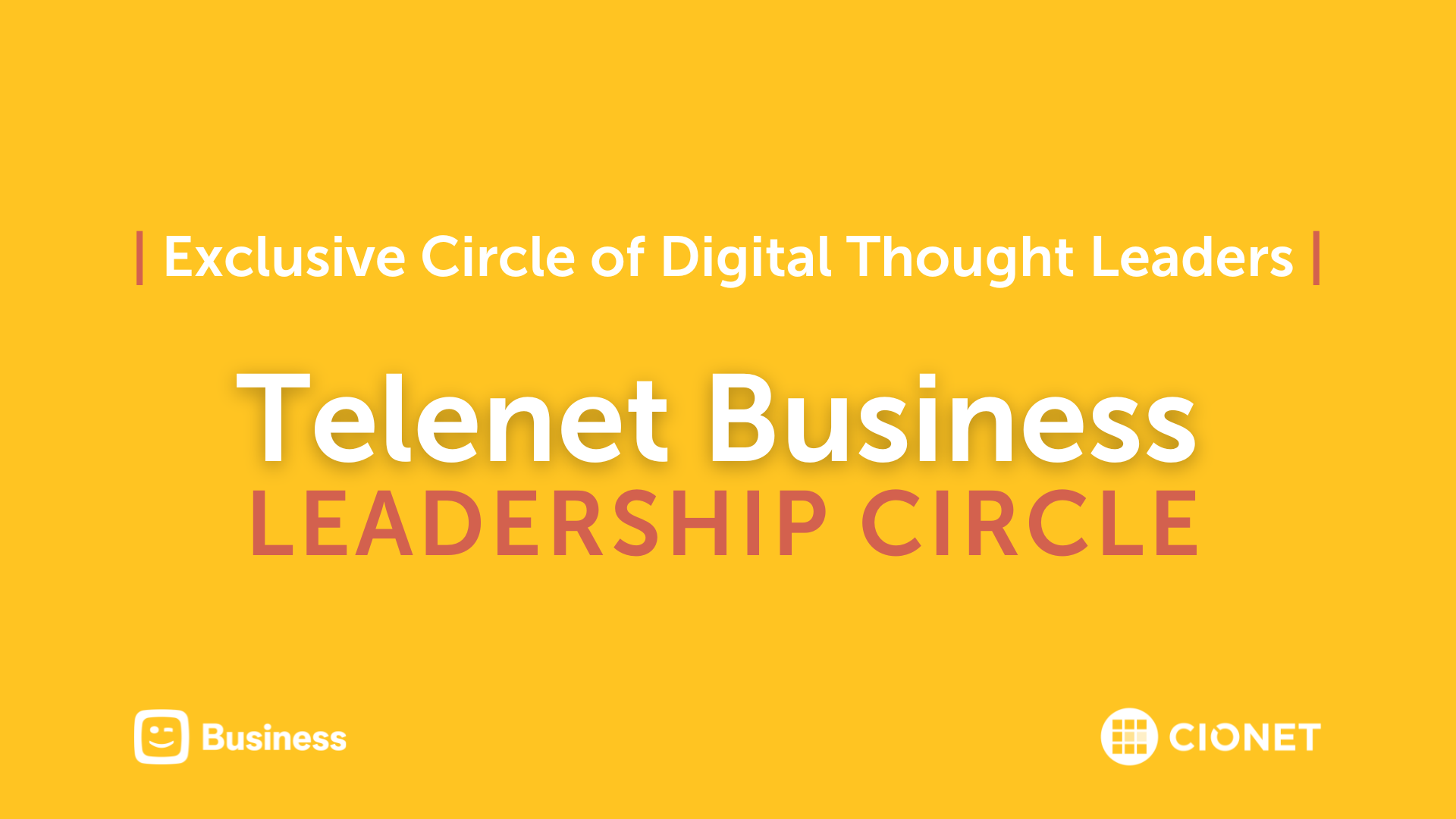
The Telenet Business Leadership Circle powered by CIONET, offers a platform where IT executives and thought leaders can meet to inspire each other and share best practices. We want to be a facilitator who helps you optimise the performance of your IT function and your business by embracing the endless opportunities that digital change brings.
Read More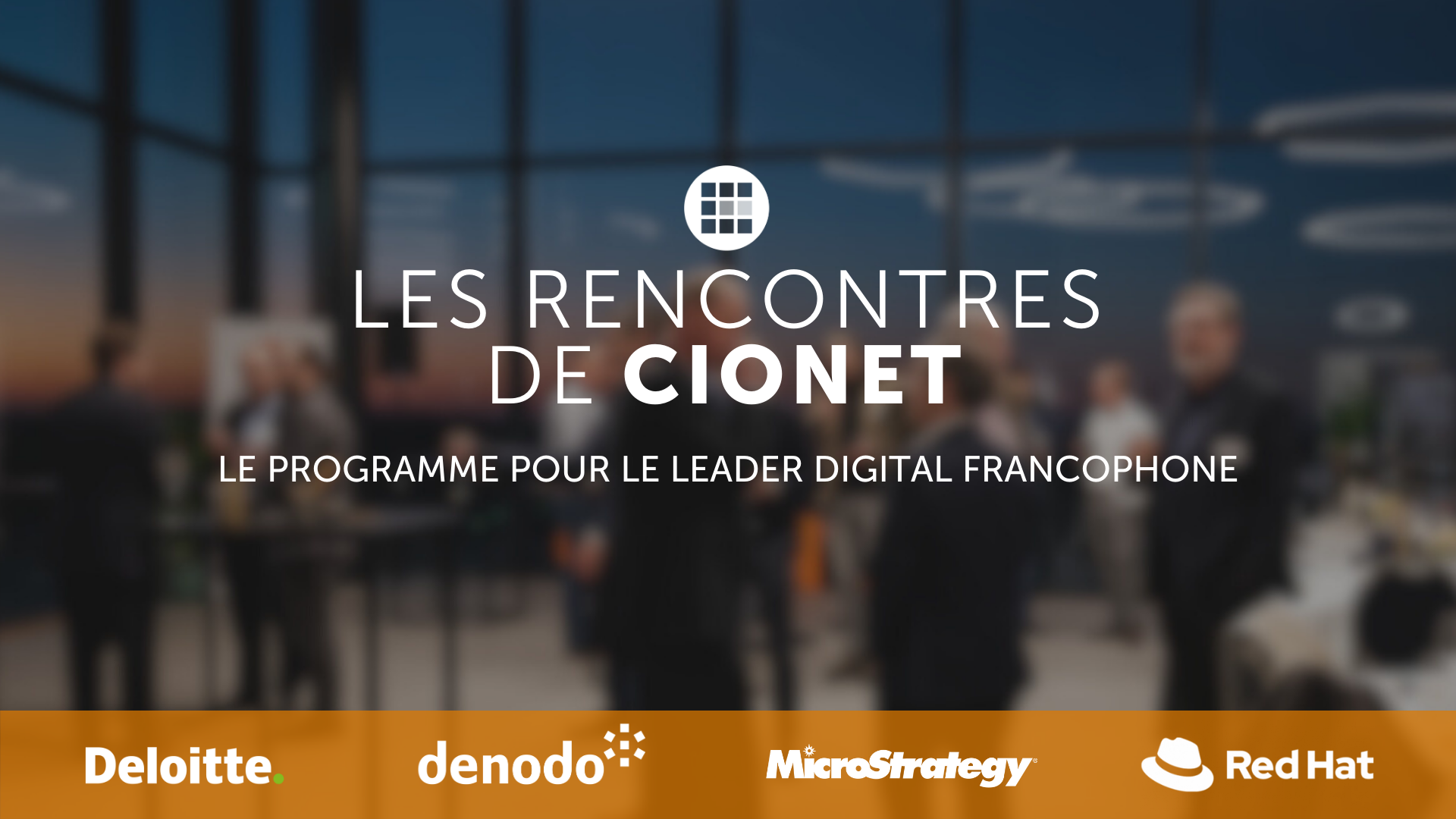
Découvrez la dynamique du leadership numérique aux Rencontres de CIONET, le programme francophone exclusif de CIONET pour les leaders numériques en Belgique, rendu possible grâce au soutien et à l'engagement de nos partenaires de programme : Deloitte, Denodo et Red Hat. Rejoignez trois événements inspirants par an à Liège, Namur et en Brabant Wallon, où des CIOs et des experts numériques francophones de premier plan partagent leurs perspectives et expériences sur des thèmes d'affaires et de IT actuels. Laissez-vous inspirer et apprenez des meilleurs du secteur lors de sessions captivantes conçues spécialement pour soutenir et enrichir votre rôle en tant que CIO pair. Ne manquez pas cette opportunité de faire partie d'un réseau exceptionnel d'innovateurs numériques !
Read More
CIONET is committed to highlighting and celebrating female role models in IT, Tech & Digital, creating a leadership programme that empowers and elevates women within the tech industry. This initiative is dedicated to showcasing the achievements and successes of leading women, fostering an environment where female role models are recognised, and their contributions can ignite progress and inspire the next generation of women in IT. Our mission is to shine the spotlight a little brighter on female role models in IT, Tech & Digital, and to empower each other through this inner network community.
Read More


-Apr-01-2022-10-58-34-57-AM.png)









-Dec-13-2023-10-53-15-5032-AM.png)



-Jun-12-2023-01-23-11-7540-PM.png)



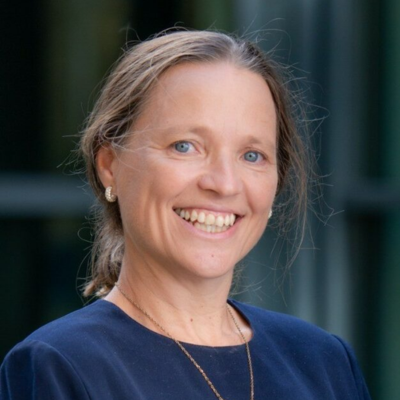
-Apr-01-2022-10-58-34-68-AM.png)








.png)









-Sep-01-2022-02-47-55-60-PM.png)
-Nov-22-2023-08-56-42-6802-AM.png)
.png)

Would you like to know more about CIONET Belgium, membership or partnership opportunities? Do you have feedback or any other question? Send us a message!
You can either send us a registered handwritten letter explaining why you'd like to become a member or you can simply talk to us right here!